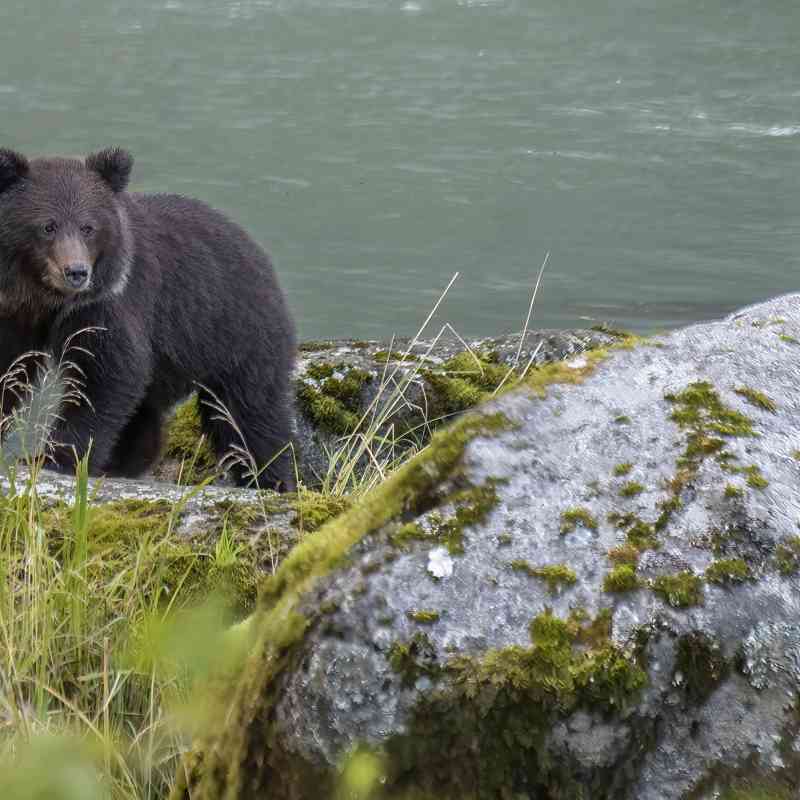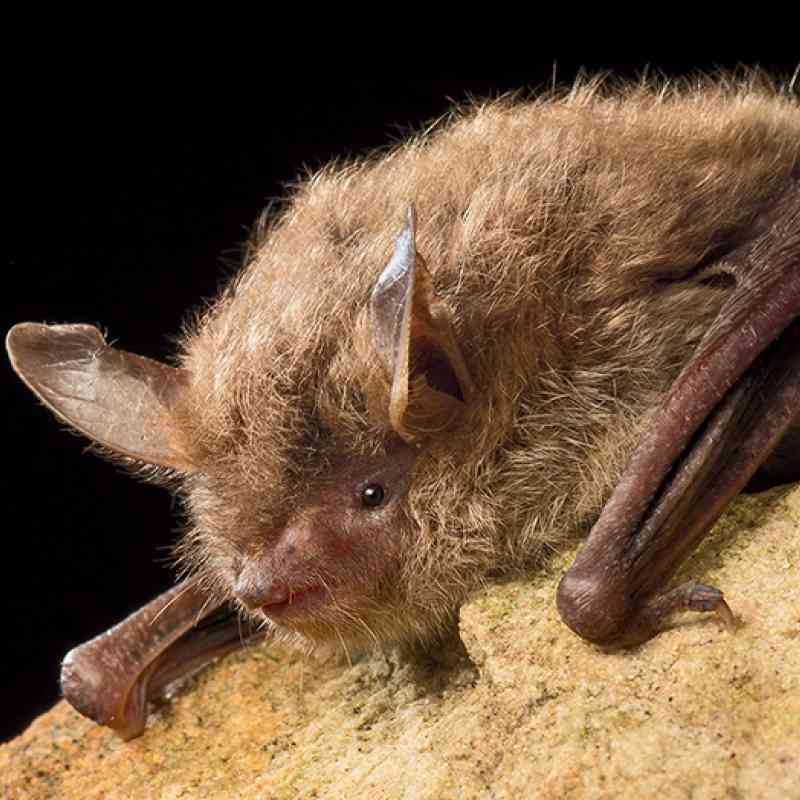The U.S. House of Representatives passed the Agriculture and Nutrition Act of 2018 (H.R. 2) today (213-211). Commonly known as the Farm Bill, this legislation is essential for setting American agricultural and food policy, and has major implications for wildlife and our environment.
Unfortunately, this House Farm Bill contains anti-wildlife provisions that would gut imperiled species protections, includes extreme rollbacks of environmental safeguards on our national forests and the "Poisoned Pollinator Provision," which would severely weaken key Endangered Species Act protections as they apply to the registration and use of pesticides.
Defenders of Wildlife President and CEO, Jamie Rappaport Clark, issued the following statement:
“This bill was fundamentally flawed from the start. The House should have scrapped its failed bill and rewritten a balanced Farm Bill that supports farmers and conservation. Instead, this bill is the worst threat to conservation in Congress today – and should not become law. Its controversial provisions shortchange critical conservation programs, gut species protections and include extreme roll backs of environmental safeguards on our national forests as well as eliminates the checks and balances on pesticide registration bypassing Endangered Species Act responsibilities and condemning imperiled species to possible extinction.”
“The Senate must produce a balanced Farm Bill that protects wildlife, forests and people who rely on Farm Bill programs, and make sure that these toxic provisions never become law.”
Defenders of Wildlife is celebrating 75 years of protecting all native animals and plants in their natural communities. With a nationwide network of nearly 2.2 million members and activists, Defenders of Wildlife is a leading advocate for innovative solutions to safeguard our wildlife heritage for generations to come. For more information, visit defenders.org/newsroom and follow us on Twitter @Defenders.

